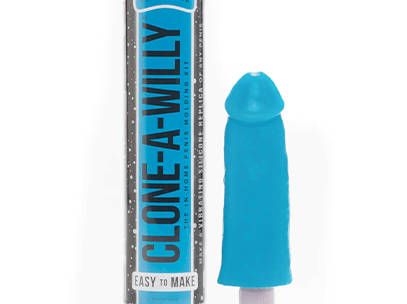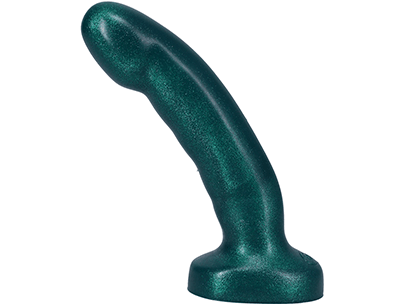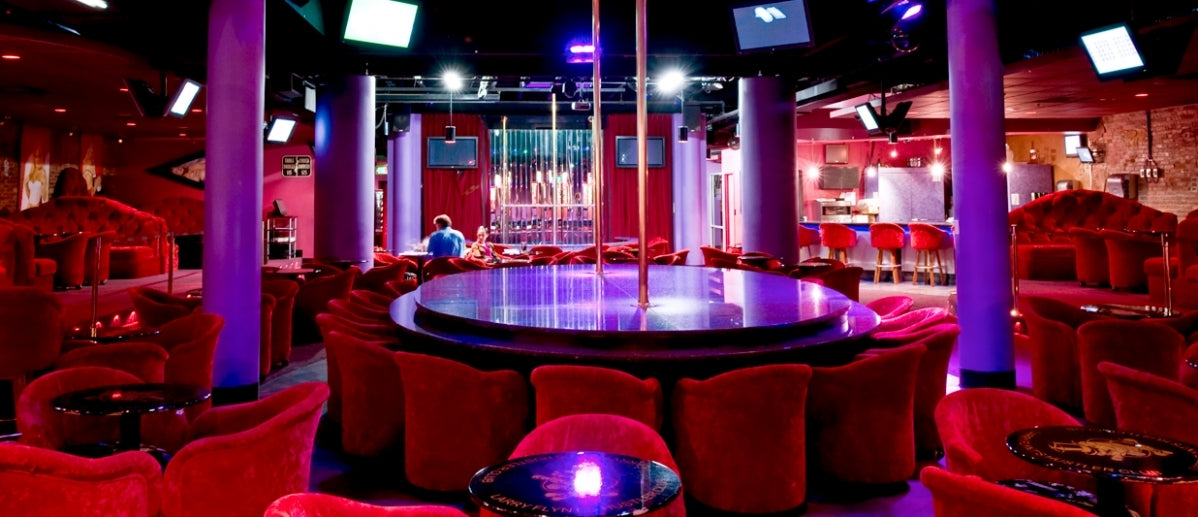Larry Flynt’s life story proves that the American Dream can come true with enough drive, determination and effort. His journey is a shining example of American enterprise, and a most unusual journey at that.
Larry Claxton Flynt rose from the impoverished Appalachian Mountains of Eastern Kentucky to establish the world famous brand that is HUSTLER. Saturday evenings in Kentucky would find Larry tuning in to the country music jamboree from a distant radio station as he read and reread Harold Robbins’ The Carpetbaggers, another saga of a poor boy’s rise to wealth and fame.
Leaving home early to join the service, Larry eventually found himself working a variety of jobs (from dishwasher to factory worker) and finally saved enough money to realize one of his dreams: owning and Operating a nightclub. The first HUSTLER Club opened in Ohio in 1968.
Although lacking a fancy education, Larry had the built-in business savvy to reinvest his earnings in his new enterprise, leading to the establishment of a chain of eight HUSTLER Clubs in Ohio in the early 1970s. The notion of pouring profits back into the company is a staple of Larry’s business approach that he still employs today.

As his clubs grew in popularity, so did the need to communicate with club members. What started out as a simple newsletter with club event listings eventually premiered in July 1974 as HUSTLER Magazine, a color adult publication. “The Magazine for the Rest of the World” was an instant hit. HUSTLER’s radical departure from the norm for men’s magazines, both editorially and pictorially, gained the national attention of the media and the public. The privately held company, Larry Flynt Publications (L.F.P., Inc.) was created in 1976.
Unfortunately, in March 1978, Larry was shot by a sniper outside a courthouse in Lawrenceville, Georgia, leaving him paralyzed from the waist down. He relocated the company from Ohio to Los Angeles at the end of 1978.
But not even a bullet could slow Larry down, and HUSTLER grew to become the third-largest men’s magazine and one of the top-selling magazines of any field with a staggering peak circulation of around three million. Larry continued to develop more magazines and at one point there were more than twenty titles in LFP’s publication line, covering many diverse fields.
In December 1987, Larry won a landmark court judgment in the U.S. Supreme Court against evangelist Jerry Falwell, when an earlier verdict awarding Falwell $200,000 was overturned. The original claims alleged that Larry had published an obscene illustration of Falwell to deliberately cause emotional distress. His First Amendment win is regarded as a decisive victory in publishing history.
In 1997, HUSTLER launched its Multimedia Division and thereby entered the Internet business. The Company now operates dozens of Web sites through HUSTLER.com, and Larry even has his own heavily visited political site – LarryFlynt.com.
HUSTLER has become a veritable empire, overseeing several profitable markets. There are now HUSTLER Gentlemen’s Clubs in cities across the U.S. and around the world. HUSTLER HOLLYWOOD retail stores are operating in a number of America’s most exciting cities, stocking Larry’s brand name on everything from apparel to toys to greeting cards. The 30,000-square-foot HUSTLER Casino in Gardena, California, has proven to be a huge success as L.A.’s premiere casino. HUSTLER Video reigns supreme in adult entertainment sales and HUSTLER’S Internet/Broadcast unit have spearheaded HUSTLER.com and HUSTLER TV, both of which offer the latest in adult content.

Larry’s legacy is accounted for in further detail in his autobiography, An Unseemly Man: My Life as Pornographer, Pundit, and Social Outcast (Dove Books, 1996), in the film The People vs. Larry Flynt (dir. Milos Forman, 1996), in his tell-all memoir Sex, Lies & Politics: The Naked Truth (Kensington, 2004) and One Nation Under Sex: How the Private Lives of Presidents, First Ladies and Their Lovers Changed the Course of American History (Palgrave McMillan 2011).
Larry Flynt accomplished all of this despite being shot and paralyzed, enduring multiple surgeries and addiction to pain meds, losing his wife Althea to AIDS and coping with a bipolar disorder that he unabashedly shared with his readers.
Larry continues to run all facets of the Flynt companies from his headquarters in Beverly Hills, California. At 72, Flynt is remarkably healthy and active as a publisher, author, freedom fighter and icon. He never misses a beat.

















